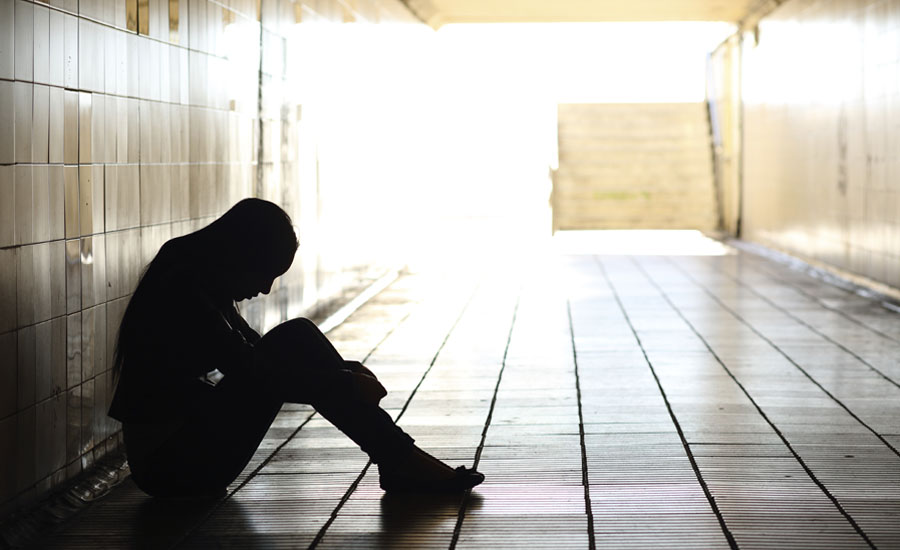Having a mental health problem is nothing to be ashamed of, according to 87 percent of the American adults who participated in a recent survey conducted on behalf of the American Psychological Association (APA).
That and other findings are being hailed by mental health professionals are “encouraging,” although the Harris poll did uncover some entrenched stigma as well as some surprising demographic differences in attitudes.
On the plus side, 86 percent of respondents said they believe that people with mental health disorders (MHDs) can get better. Some 81% said they would be “very or somewhat comfortable” being friends with someone with an MHD, and 79% would be very or somewhat comfortable interacting with a person with an MHD.
When it came to dating or letting someone with an MHD care for a child, though, the comfort level shrank to 51 percent and 35 percent, respectively.
Familiarity made a difference. Knowing someone with an MHD – or having one themselves – made a relatively small percentage of people (27-28 percent) feel “scared” of those with an MHD. In contrast, 42 percent of people who did not have personal experience with an MHD said people with them scared them.
"The results of this survey are encouraging, and a signal that APA's and others' work over the years to promote mental health care is paying off," said APA CEO Arthur C. Evans Jr., PhD. "They indicate a willingness to be more open about mental illness, as well as a strong belief among older respondents that having a mental disorder is nothing to be ashamed of."
People with mental problems "scare me"
However some stigma still persists. A third of respondents (33%) agreed with the statement, "people with mental health disorders scare me," and 39% said they would view someone differently if they knew that person had a mental health disorder.
When is an MHD not an MHD? One third of minority respondents said they do not consider the most common MHDs – such as anxiety - to be disorders. Only 22 percent regard depression as an MHD.
Suicide and shame
The survey revealed contradicting attitudes toward suicide. A majority (91 percent) agree that people who are suicidal can be treated and go on to live successful lives and 87 percent feel that suicide can often be prevented. Talking more openly about suicide was supported by 87 percent as well.
Interestingly, 79 percent agreed that less stigma and shame around mental health disorders would lower suicide rates and 84 percent said people should not be ashamed to say a loved one died by suicide – yet 30 percent said that they would keep quiet about the cause of death if their own loved one died by suicide.
Suicide is a selfish act, according to 63 percent of the respondents.
Younger people struggling
Young adults aged 18 to 34 reported having the poorest mental health – and the most shame toward having MHDs. People in this age group were also more likely than older age groups to believe that most MHDs do not require treatment, to keep quiet about the cause of death if a loved one died by suicide and to believe that people with MHDs can live normal lives.
"More young adult respondents reported feeling shame and stigma surrounding mental health issues than their older peers," Evans said. "This points to the need for psychology to continue to educate the public so that more people understand that there is no shame associated with being mentally ill."



